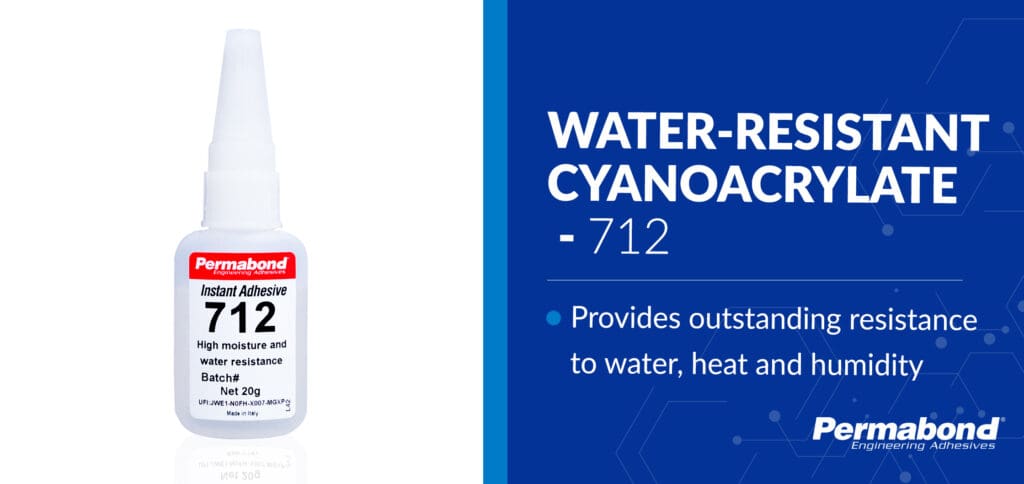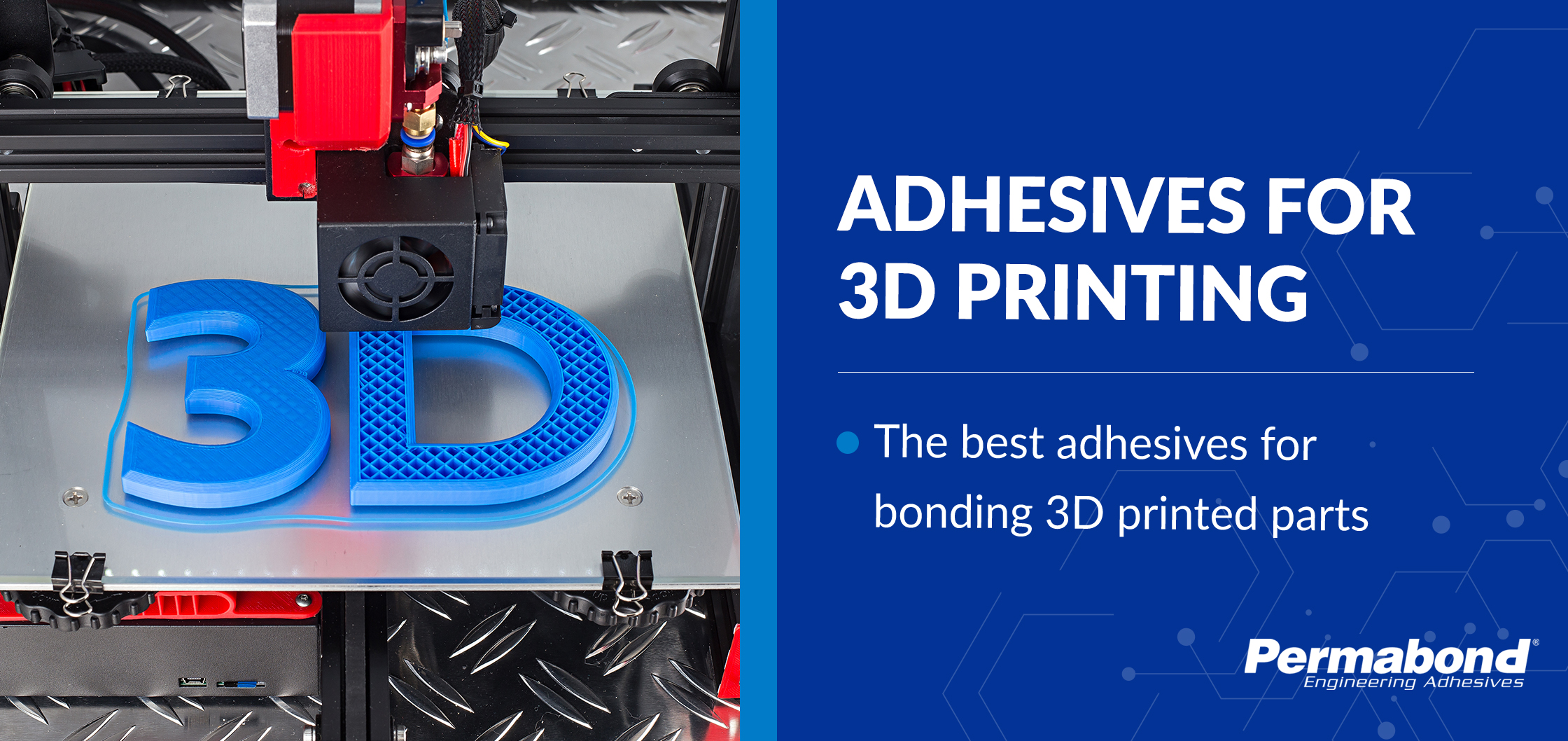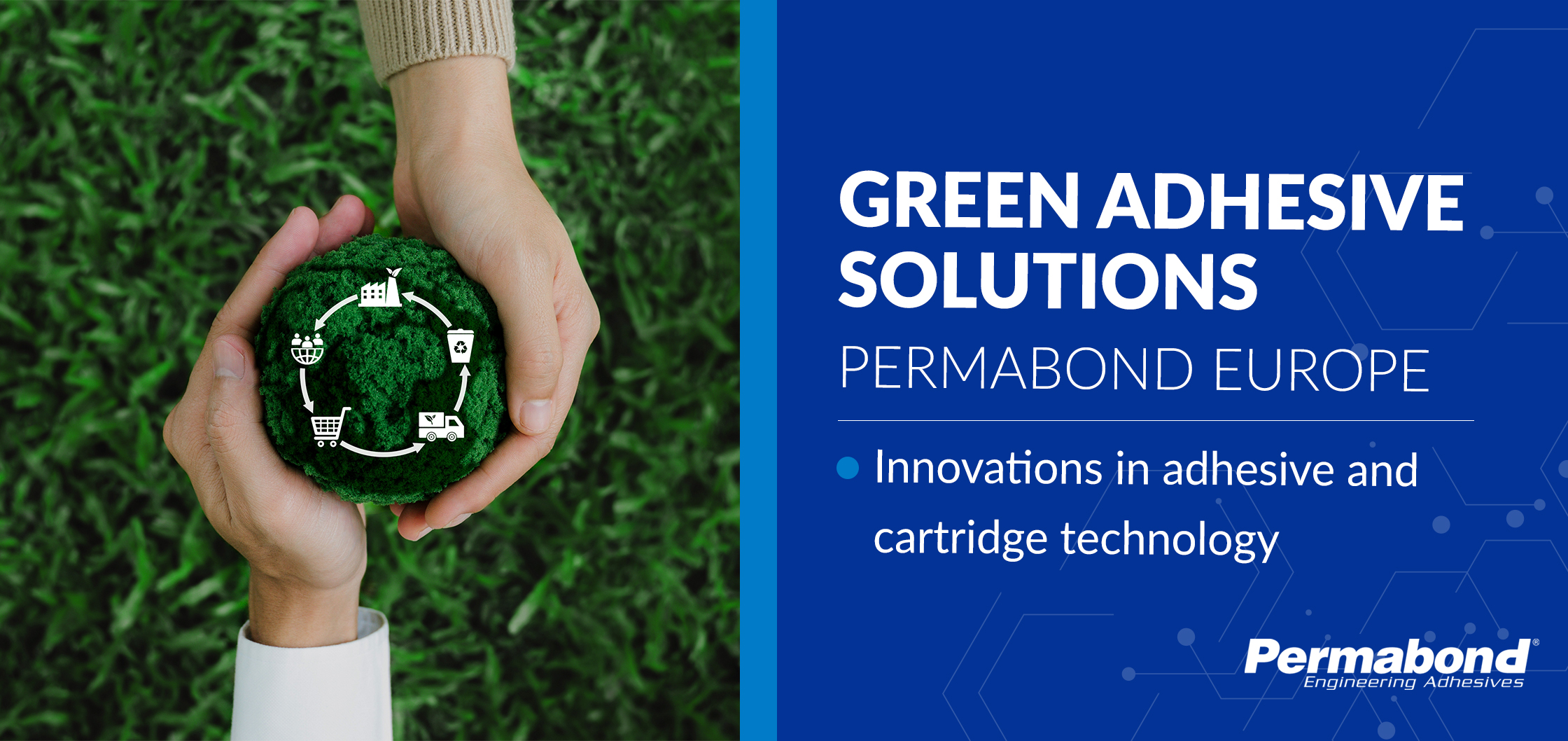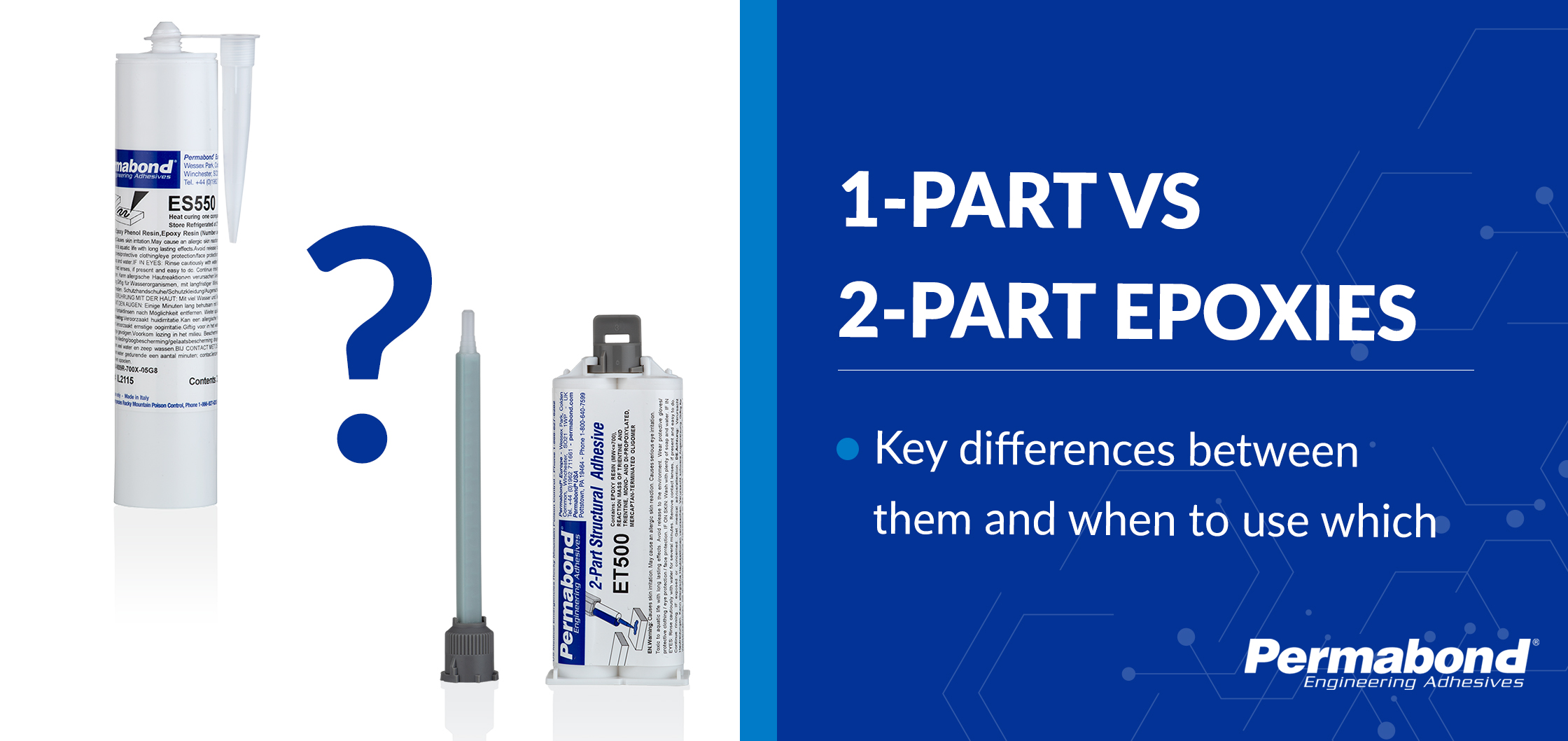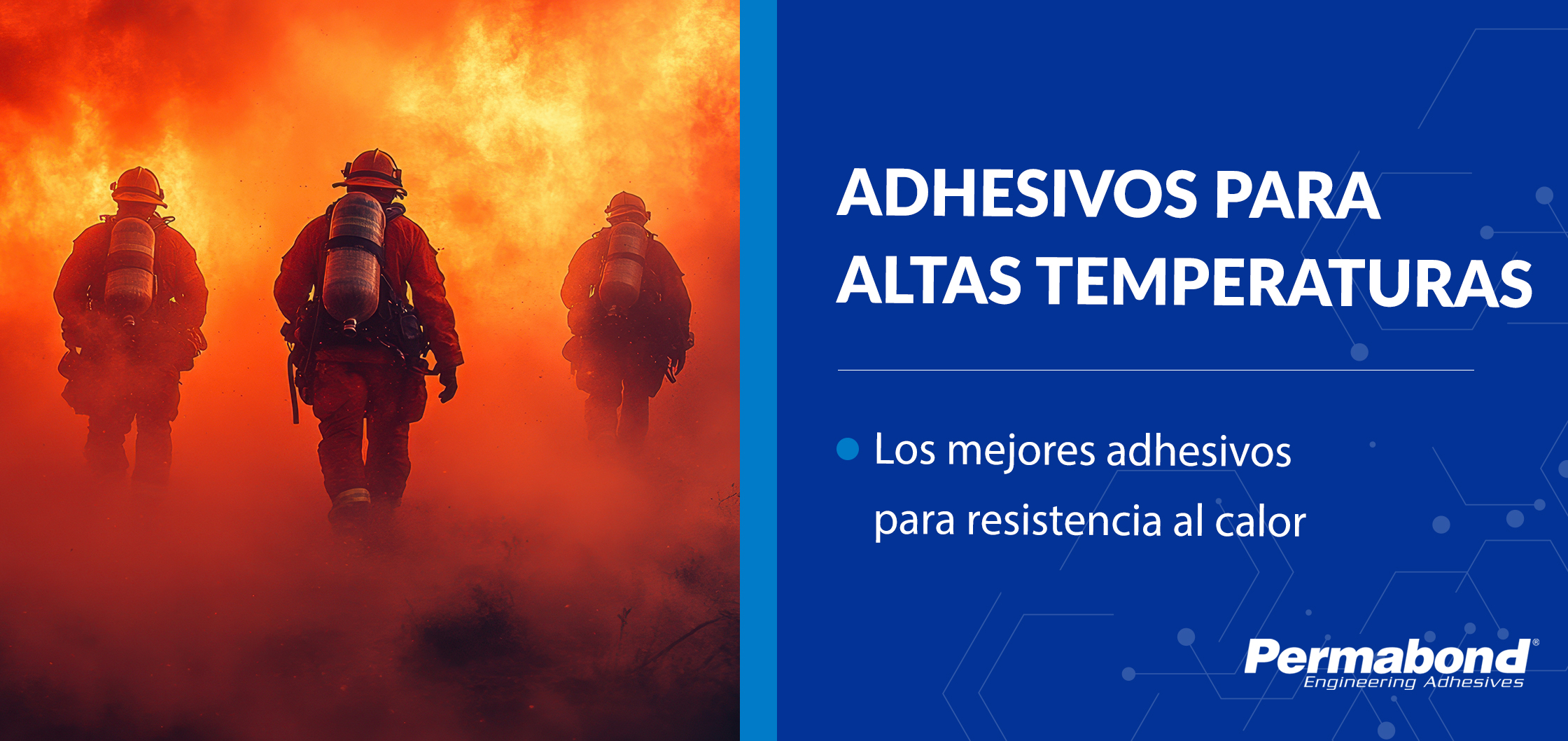Permabond 712 is a water-resistant cyanoacrylate that has been a highly popular product since it was first launched last year, and for good reason. Most cyanoacrylate adhesives are not water-resistant, and are prone to weakening with long exposure to water and moisture, especially in a hot environment. This often poses a problem to manufacturers, who are looking for a reliable bonding solution for their products even when exposed to challenging environmental conditions.
One such Permabond customer uses sensors to monitor the thickness of steel pipes in the oil & gas industry. The sensors check corrosion and erosion levels, allowing for simple monitoring of the thickness and overall health of a pipe. With oil & gas operations located all over the world, often in very hot and humid countries, they were looking for an adhesive to bond their sensors to the pipes that was able to withstand these conditions, all the while offering a long lifespan. This is no simple challenge for an ordinary adhesive – but then again, Permabond 712 is no ordinary adhesive!
A highly unique product
Permabond 712 was specially developed to offer outstanding water, heat and humidity resistance. It passes 85/85 accelerated life testing, whereby a product is subjected to 85°C and 85% relative humidity for up to 1,000 hours. This test is often used in the automotive industry and is a key indicator of 712’s ability to withstand tough environmental conditions.
Its thermal resistance also stands out – it maintains 80% strength after 100 hours at 120°C on mild steel. Its truly unique feature, however, is its water resistance. Once cured, it offers good strength during continuous underwater exposure, a remarkable feature. Most cyanoacrylates will quickly degrade underwater and offer little to no structural performance whatsoever.
Permabond 712 bonds well to a wide variety of substrates, including metals, plastics and rubbers. Its adhesion to rubber is particularly noteworthy, considering that many underwater adhesive applications are rubber-based and that pipe seals and gaskets, as well as valve seatings (whether underwater or not) are often made of this material.
On the topic of rubber bonding, 712 has also been found to offer great resistance against attack and degradation from the plasticizers and other additives found in many rubbers. These plasticizers can begin to migrate outwards from the rubber during thermal aging, which can lead to weakened adhesive performance. During testing, substrate failure was observed in many rubbers – SBR, NBR, EPDM, and even silicone – using 712, in comparison to other cyanoacrylates, which readily peel off after thermal aging in rubber.
For our customer in the oil & gas industry, 712’s outstanding temperature and moisture resistance made it a no-brainer for their sensor application.
Other Key Features & Applications
Key features of Permabond 712 water-resistant cyanoacrylate, other than those listed above, include:
- Very fast, room temperature cure (seconds)
- High bond strength
- Bonds most surfaces
- Really easy to use
- Low viscosity
- Withstands exposure to oils, most solvents and chemicals
- Solvent-free
Potential applications for the product include:
- Any application needing to withstand continuous water exposure
- Rubber seals and gaskets for pipes
- Rubber seatings in valves
- Automotive interiors
- Sports equipment
- Prosthetics and disability aids
- Jewellery & embellishments
- Household appliances, such as fridges and washing machines
If you’d like to find out more about this product or to discuss your application with us, please get in touch.
Contáctenos
Productos
Encontrar un distribuidor

Los productos Permabond se comercializan a través de distribuidores en todo el mundo.
Certificado ISO

Permabond es una compañía que cuenta con la certificación ISO QMS Certified.

